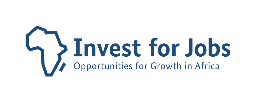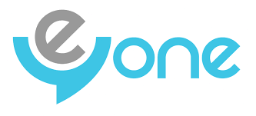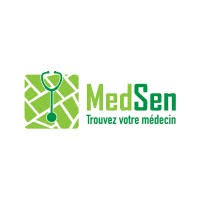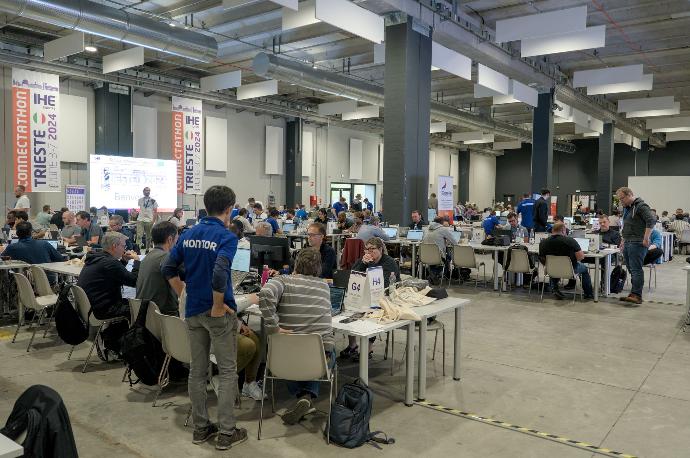The participation of Senegalese companies in the IHE Europe Connectathon 2024 marks a significant stride towards achieving digital health interoperability. By leveraging international standards, leveraging the local IT sector and fostering collaboration between HIS (Hospital Information System) providers, Senegal is well-positioned to enhance its healthcare system, ensuring efficient and secure patient data exchange between the different diverse health structures in the country. This journey exemplifies the potential of data standards and private sector in transforming healthcare, and providing better care to patients.
Demonstrating feasibility of health data exchange tandards in Senegal
Funded by the BMZ/GIZ program Invest for Jobs and facilitated by the African German Health Alliance, the medical data exchange feasibility demonstration project in Senegal aims to bridge the interoperability gap in healthcare by leveraging the IHE methodology.
In collaboration with the Senegal's Ministry of Health and Social Action (MSAS) and in respect of its Health Sector Digitization Program, the project was implemented by Visuapps and Kaikai . We provided advisory and managed activities and stakeholders in Senegal, and started by creating a working group and organizing a training on IHE interoperability standards for a group of Senegalese (HIS) providers. This training led to a mini-connectathon, enabling suppliers to test the interoperability and compliance of their solutions with IHE data exchange standards. The success of this first phase led to an invitation to the prestigious IHE Europe Connectathon.
What is a connectathon?
A connectathon is an event where various software vendors gather to test the interoperability of their healthcare information systems in a collaborative environment. Firstly, vendors prepare their systems based on predefined test scenarios. During the event, participants test their systems in direct interaction with other systems. For certification, a system must successfully pass tests in three key areas: conformance to standards, the ability to exchange information with other systems, and the correct implementation of required functionalities.
During the connectathon monitors oversee the test process, provide advice and ensure that the tests are carried out in accordance with established standards. At the end, these monitors validate the results and provide feedback to suppliers to help them improve the interoperability of their systems and prepare them for deployment.
Proving excellence in interoperability
Today in Senegal, several hospitals have already deployed digital hospital management systems in some departments or hospital-wide. Apart from public hospitals, there are military hospitals, private clinics, speciality doctors, and health centers. Beyond that, pharmacies, laboratories and imaging providers play an important role in providing quality care to patients. This diverse landscape of different and sometimes autonomous actors is why it is important that information systems are interoperable and adhere to common standards. Interoperability also allows multiple vendors to compete for market share, and this in turn allows to reduce dependency on a sole provider and thus increase quality and reduce costs. The same is true for the internet, where different providers of software, hardware, connectivity provide services to customers.
At the connectathon, Senegalese HIS providers (Patient Pro, Eyone and MedSen ) successfully tested their solutions, demonstrating seamless interoperability with global counterparts for a number of profiles selected prior to the participation. Their implementations met the latest security and confidentiality standards, achieving a 90% success rate in planned tests. This performance underscored their readiness to compete on a global scale, validating their systems through rigorous IHE specifications. Monitors certified the results.
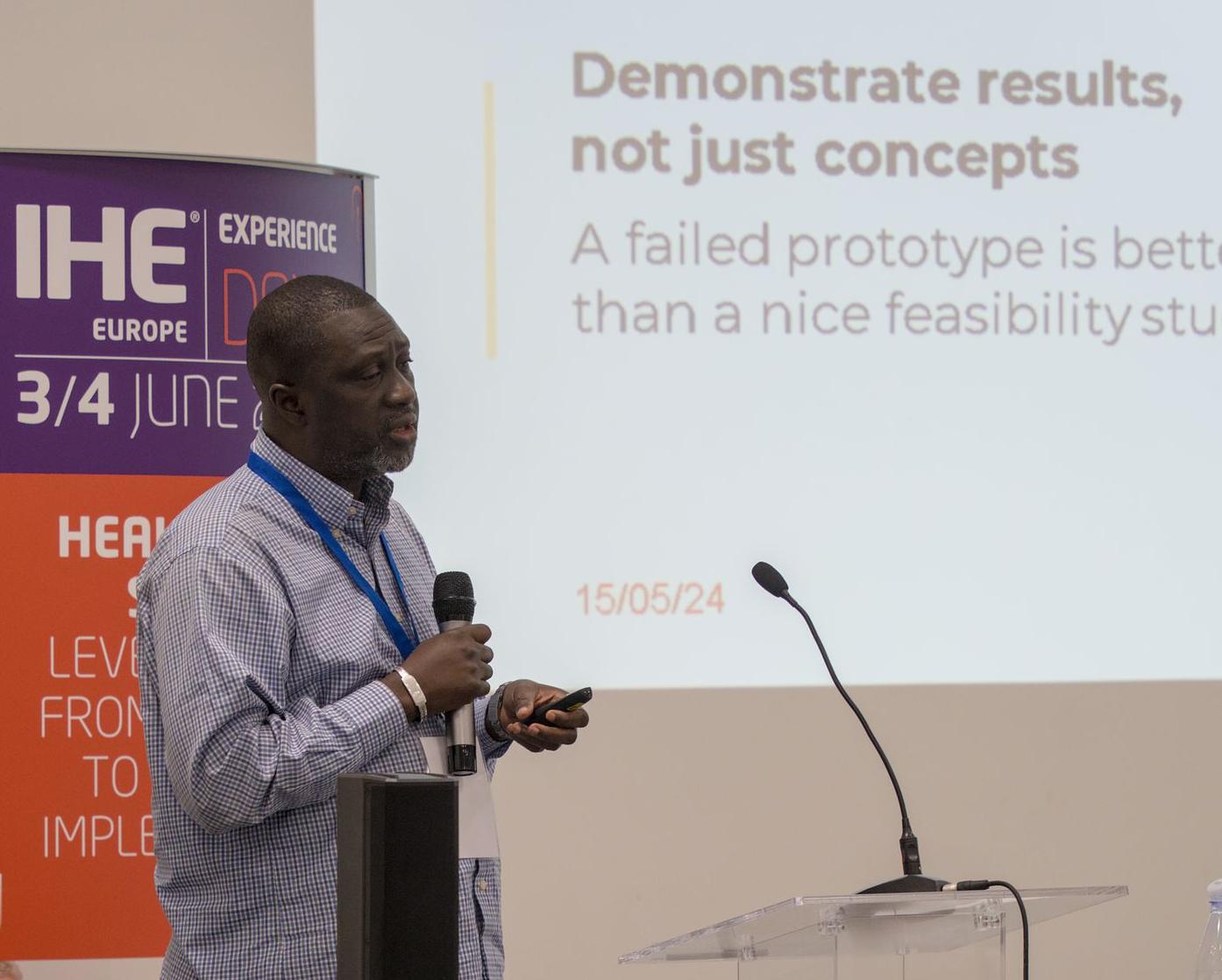
We had to work hard to comply with the rules set with the connectathon. The first days of the meet was overwhelming, but we adjusted well to finish with a better understanding of the challenge. We learned a lot and we are looking forward to the next connectathon.” Babacar Fall Patient Pro
Sharing experiences from Senegal
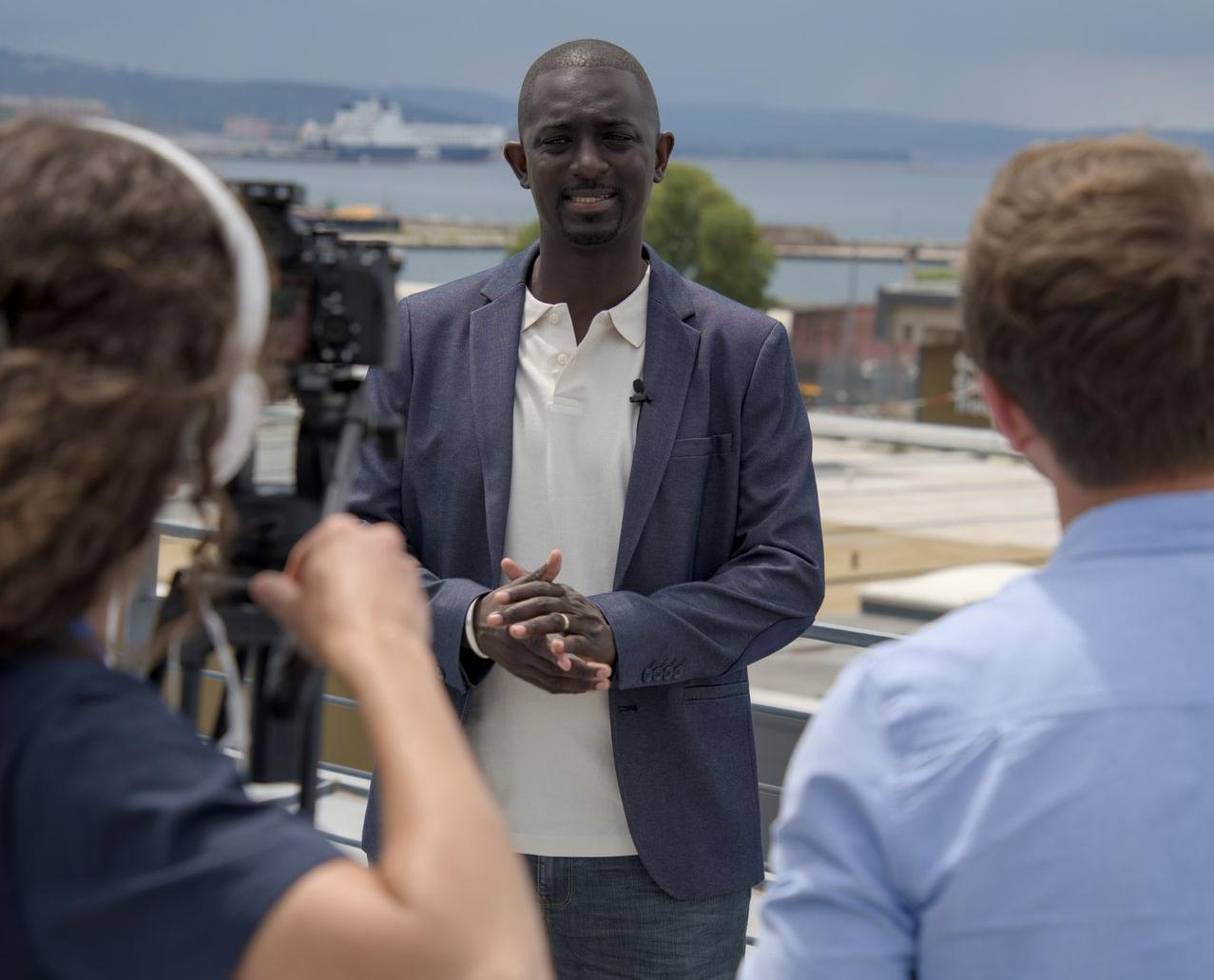
It was a great achievement for Eyone. As we digitalize the care journey, we must handle a lot of interactions between the involved stakeholders. So for us, it is important to have a system created with standards to provide valuable services to our customers like governments or insurers.” Henri Gueye Eyone
Future steps include disseminating the project's achievements, organizing communication events, and exploring international collaborations. Strengthening regional ties and formalizing alliances among providers are pivotal for scaling interoperable solutions.
Looking Ahead: Creating the environment in Senegal
The achievements of the 3 Senegalese companies demonstrate the readiness of the private sector in Senegal to move towards a robust patient record system. The next step is to ensure that the government under the leadership of the Ministry of Health and Ministry of Digital Economy can create the right environment, with an interoperability framework which defines the standards to be used in Senegal and a certification process for solution providers.
Validating our systems according to international e-health standards is crucial for maximising the efficiency and coordination of care, not only in Senegal but also beyond. At MedSen, this validation is an important step towards the continuous improvement of our health solutions.” Ndeye Talla Dioum MedSen
Several promising opportunities have emerged from the participation of the connectathon. If Senegal leverages IHE standards, a collaboration with the HAJJ project could allow the transfer of international patient summaries, for Senegalese pilgrims visiting Mekka. A collaboration with regional institutions like Ecowas and WAHO could create the foundations for robust cross-border exchange of data in the West African region, while leveraging robust, tested and secure solutions.
With recent and planned investments by the government of Senegal and the World Bank, the timing is right to introduce solutions that strengthen the health system by leveraging the innovation power of a rich, diverse IT sector in Senegal.
